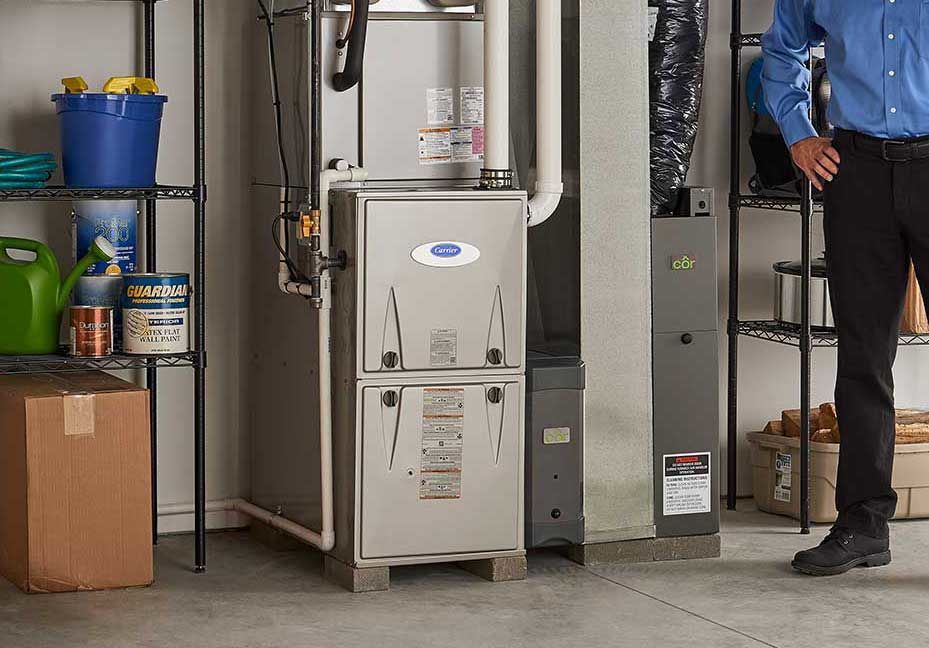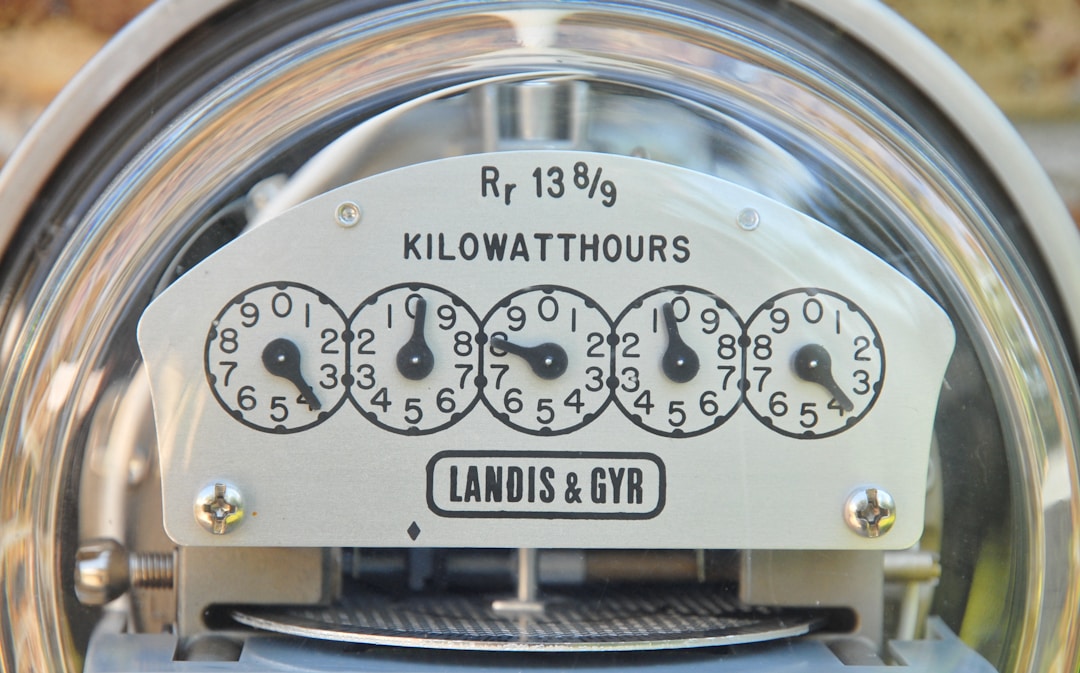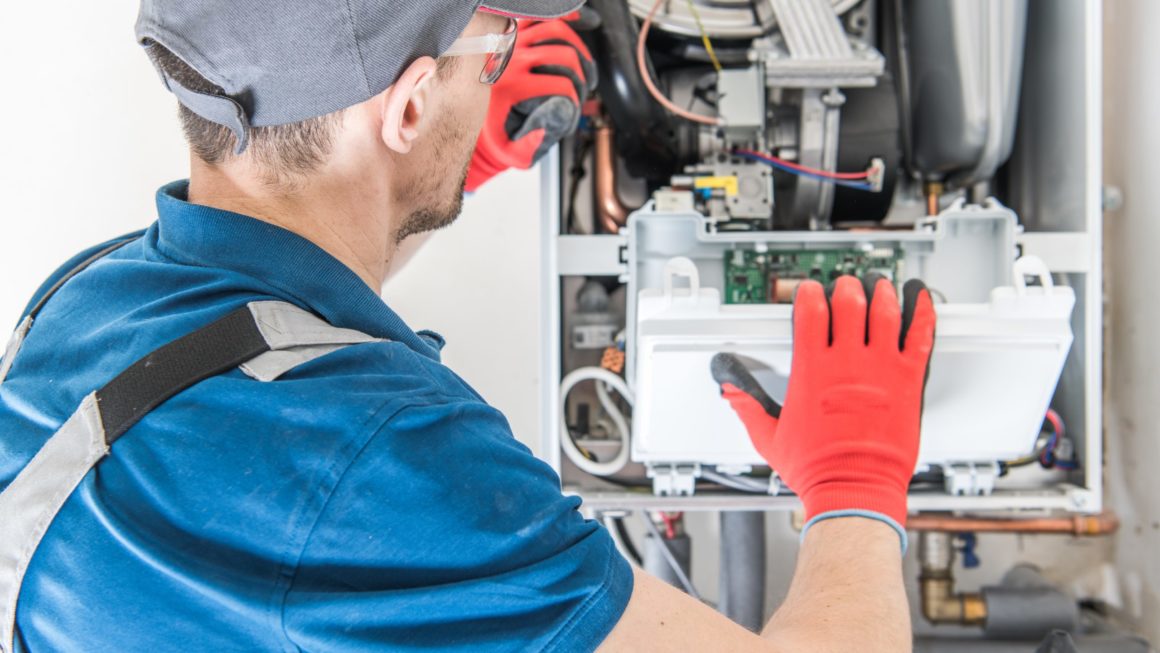As the workhorse of your home during the winter, your furnace works around the clock to deliver comfortable temperatures. Depending on where you live, the winter could place some taxing demands on your equipment. Freezing temperatures and icy conditions can create hefty competition for your heating system. To ensure that your furnace runs smoothly and safely all winter long, your should have your equipment regularly serviced each fall.
Just as you get regular maintenance for your vehicle, you should also pay regular attention to the furnace you and your family rely on each winter. Fall furnace maintenance will ensure that your heating system is running at peak performance and help you avoid costly repairs and failures during the cold months. Aside from preventing breakdowns, however, there are a few other surprising benefits of regular fall furnace maintenance. Let’s take a look at some reasons you should schedule furnace maintenance every fall.
Extended Lifespan

Just like a tune-up and regular oil changes can help preserve your car’s engine and keep it running, regular furnace maintenance can extend the lifespan of your unit. In general, without any major system failures or damage, your furnace equipment should last around 20 years. With routine maintenance and proper care, however, you can increase the lifespan of your equipment by 20 percent or more. Maintenance service each fall will ensure that your system is running smoothly and free of any minor issues that could lead to major problems down the road. Additionally, an HVAC technician will lubricate the various parts, tighten belts, and check each component for wear and tear. A furnace tune-up each fall can prolong the life of your system well beyond the expected 20-year mark.
Energy Efficiency

Regular furnace maintenance will ensure that your equipment is running and operating smoothly. Aside from that, professional maintenance could also improve your energy bills. Over the course of normal operation, your system incurs minor issues as a result of wear and tear. While many of these issues usually don’t impact system operation, they can affect energy consumption. Without preventive maintenance, your furnace will have to contend with minor issues and work harder to deliver warm air. As your furnace works harder, it expends more energy.
If your furnace has to work harder and expend more energy, your utility bills will increase. The average utility bill in the U.S. is around $115 per month, and your furnace could account for half of your costs during the winter. While energy bills will fluctuate with the unique HVAC demands of each season, an inefficient furnace could significantly increase your energy usage and bills. Routine maintenance will ensure that your equipment is running at peak efficiency.
Improved Air Quality
.1).jpg)
Over the course of the year, dust, dirt, mold, pollen, and other allergens can build up on your equipment. Eventually, these air pollutants can end up circulating throughout your home. Poor indoor air quality can cause health problems and allergic reactions for many people with asthma or other respiratory conditions. Without regular maintenance, your furnace could blow dirty air into your home all winter long. The best way to prevent air pollutants from entering your ventilation is to change your filters regularly and have annual seasonal furnace maintenance. A standard tune-up will include a thorough cleaning of your system to prevent any contaminants from circulating your home.
The nature of a tune-up and regular service for your vehicle is to provide preventive maintenance and keep the engine running. The same is true for your furnace. Annual maintenance offers cleaning and system optimizations to ensure that it runs at peak performance and efficiency throughout the entire heating season.

